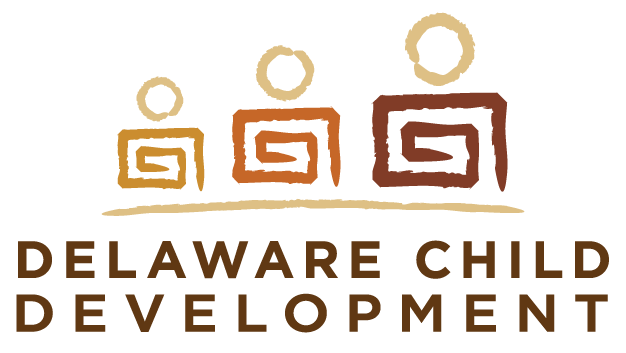Ms Michelle's Class - Infants 1
Hello, Infant One Families!
January was a great month where we worked really hard on fine and gross motor skills. Our hard work and persistence in the classroom, as well as the support and dedication from all of our parents, have benefited our infants in profound ways! All our infants have made great strides in these areas over this past month. Fine motor skills (movements made with small muscles of the hand), pushing tummy off floor to lift their head, picking up a toy, holding things purposefully, transferring objects, and feeding themselves with a spoon or hands are skills that enable them to make the whole-body movements and become more stable. Gross motor skills (movements made with the larger and stronger muscles of the body) such as rolling over, sitting up, crawling, pulling up, and walking are all skills that enable infants to begin to explore the world in new and educational ways.
The month of February has been federally recognized as Black History Month in the United States since 1976. It was declared as such to celebrate and reflect on the significant roles African Americans have played in shaping the history of the United States. This February in our infant class, we will be focusing on African American influences and cultural diversity. While we do always celebrate and include cultural and ethnic differences in our classroom, we feel the importance of highlighting a rich and diverse role that cultural awareness plays within our classroom, our center, and our communities.
You may be thinking, “Infants can't understand or relate to the differences between race and culture. Why would you add this to your lesson plan for an infant class?” While the general thought is correct - infants do not look at each other as being different just yet, but it is in infancy where the foundation for racial and cultural awareness, sensitivity, and tolerance is laid. Infants are highly sensitive to the words spoken, feelings, actions, and body language of the adults around them. They are receptive to materials, activities, and the environments they are in. If we can, as teachers and parents, bring these factors into our environment in a positive way, infants will grow to become the adults who are able to better relate to their own self -identity and to others that they share the world with. Below are a few links to educational resources going into further detail.
“Children who understand their own cultures develop a sense of belonging, personal history, and security in knowing who they are and where their family comes from. These qualities increase their capacity to develop a respectful understanding of other cultural perspectives” (Lally, 1995).
With love,
Ms. Michelle






